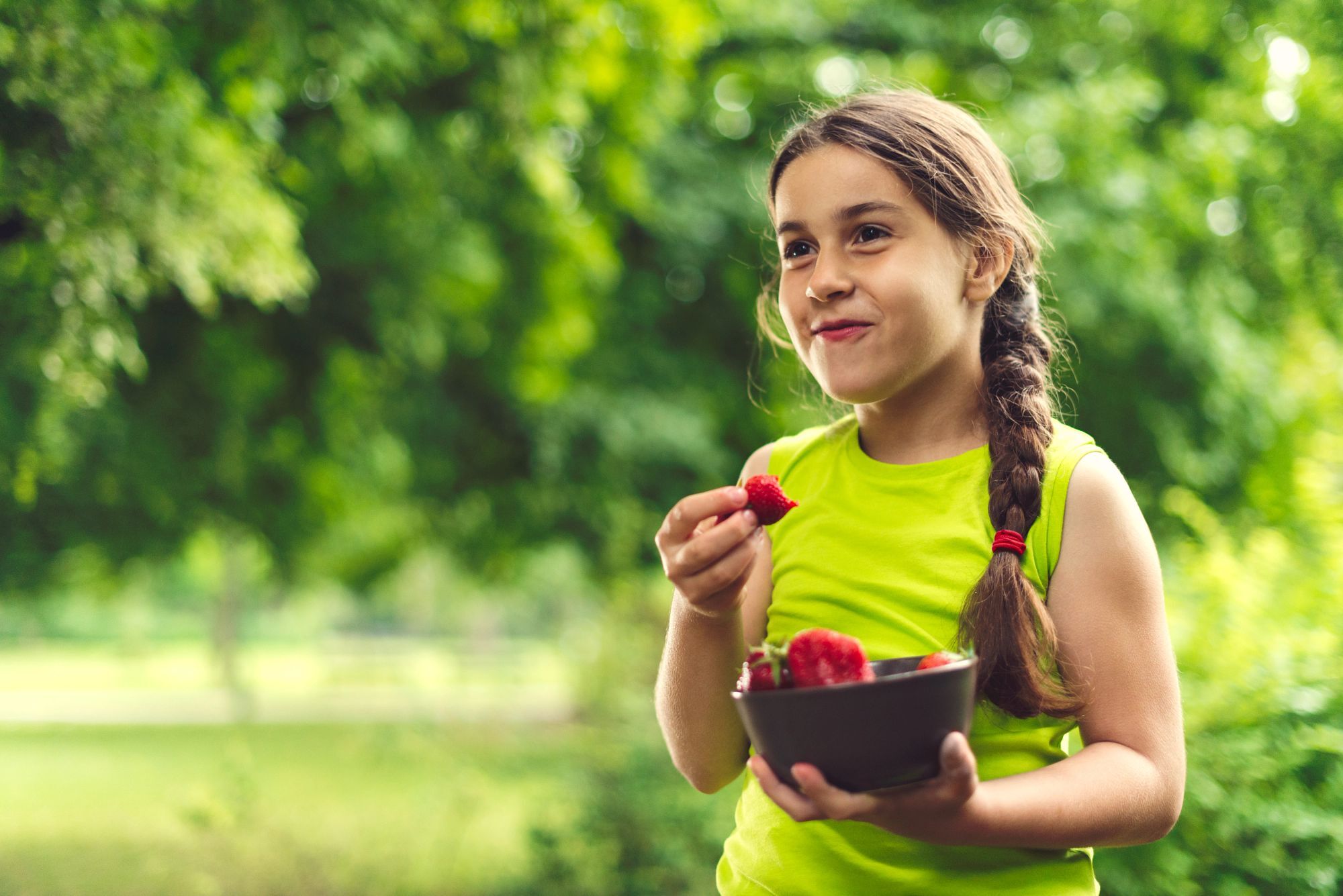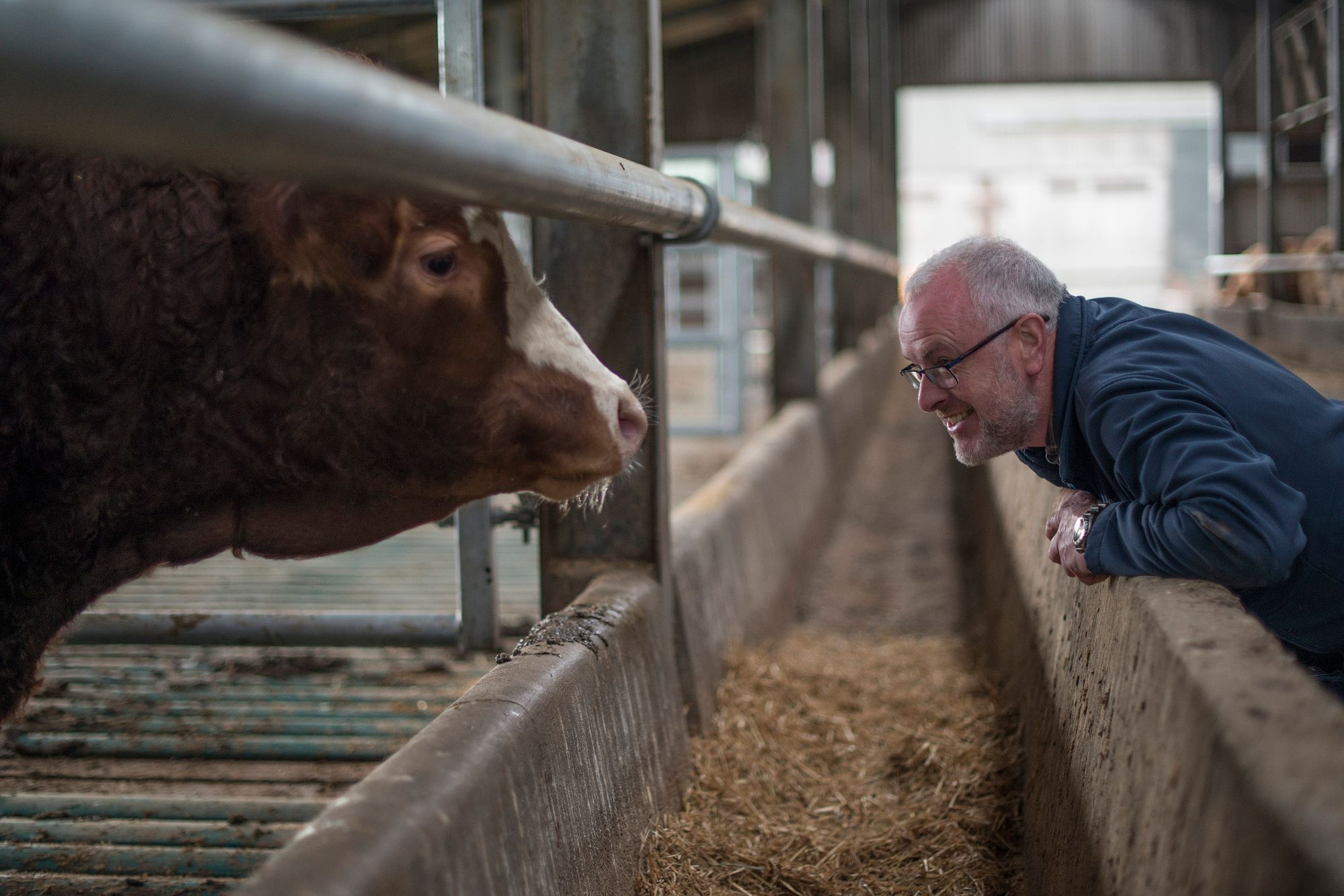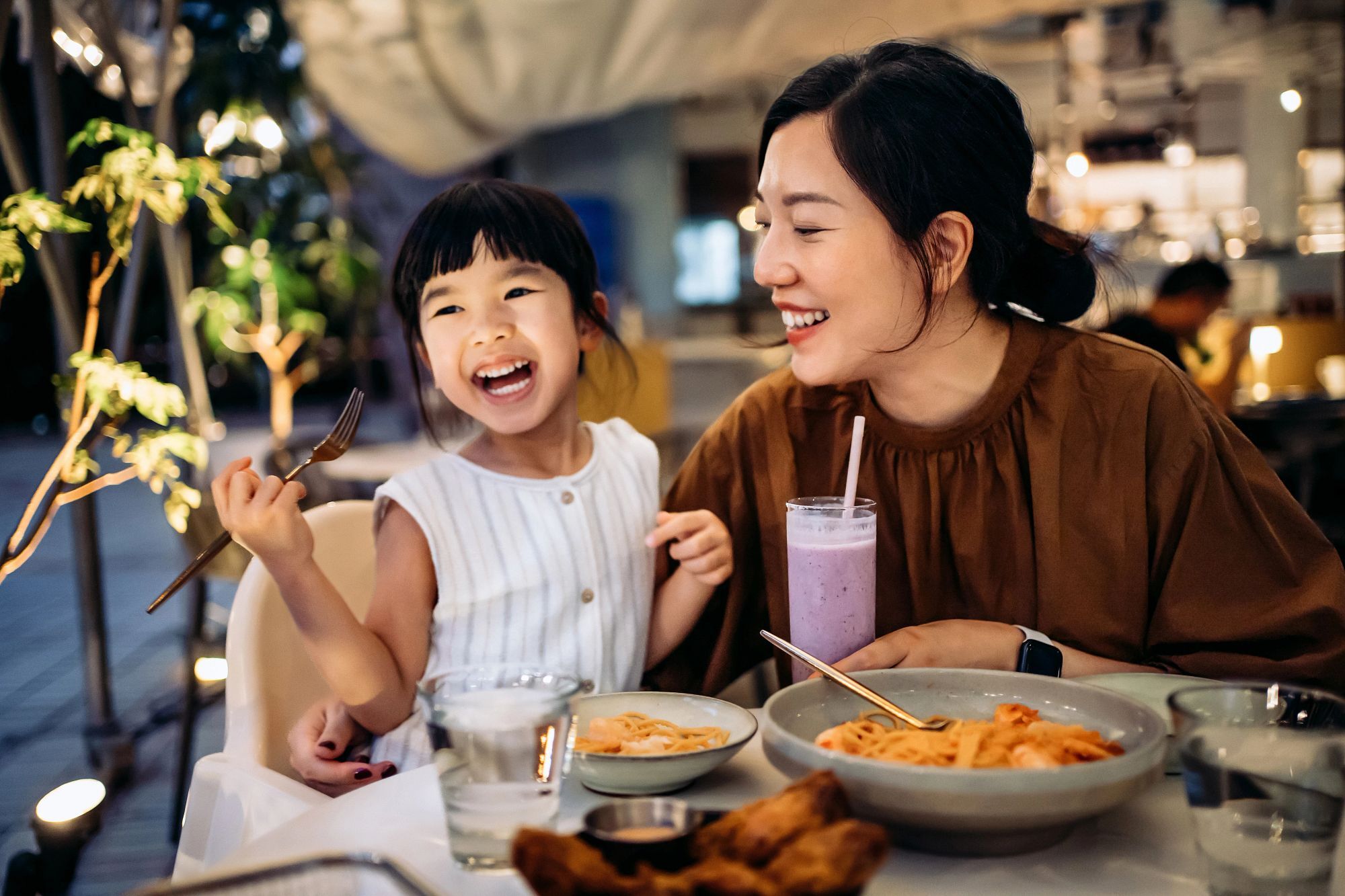Outdoor Grilling Season Is Back! Your Guide to Safely Firing Up the Barbeque
Spring is here and if you’re like me, you’re eager to get outside and spend a leisurely afternoon relaxing on the patio. One of the things I love most about this time of year is gathering friends and family for a backyard party with the BBQ, serving up sizzling hamburgers for some outdoor dining fun.
But being professionally on the front lines of all things clean, I sometimes slip into my inner health inspector mode at cookouts. I’ll notice the little things, like grilled kebabs served on the same platter where the raw chicken was marinating. Or seeing the host toss steaks on the grill with bare hands and not washing them afterward. One of my pet peeves (yes, I have a few when it comes to grilling): taking raw meat from the marinade, then pouring the marinade on the meat after it is cooked. That marinade is NOT cooked! All of these things trigger my food poisoning panic buttons.
The good news: There are some simple things you can do before you fire up the barbeque (and my “yuck, bacteria” alarm system starts going off). For fellow grilling masters and BBQ enthusiasts, I suggest these tried-and-true food safety practices for a smoking hot — and super safe — outdoor cooking season:
Getting Grill Ready
When was the last time you cleaned your grill? Before you invite guests to your cookout, make sure you have scrubbed it from top to bottom, inside and out. Your grill tune-up also includes cleaning:
- Grilling utensils
- Cutting boards (use separate cutting boards for meats and vegetables too)
When cleaning the grill grates, make sure to use the appropriate type of brush or pad so you don’t end up with metal shavings in your grilled food.
Then head to your kitchen. According to our NSF germ study, kitchen sponges and the kitchen sink are two of the germiest places in your home. So, before you start chopping up the veggies for the kebabs, you can avoid spreading germs by placing wet sponges in the microwave for two minutes twice per day, or just replacing them often. Sinks also can be nasty germ spreaders, so wash and disinfect the sides and bottom of your sink and countertops at least once or twice a week with a disinfecting cleaner or bleach solution (5 tablespoons of bleach per gallon of water). Spray the surface and allow the solution to sit for a minute. Then rinse it thoroughly and let the surface air dry.
Chill Out
Keeping hot foods hot and cold foods cold is important to avoid germy issues. It’s also important to cool cooked food before it goes into the refrigerator to be eaten later.
Getting Your Grill On
Use a certified BBQ thermometer, not just your eyes or best guess to make sure your hamburgers or pork chops are fully cooked to the proper internal temperature and harmful bacteria are eliminated. Here are some guidelines:
- Whole chicken or turkey or patties: 165° F (74° C)
- Hamburger patties and other ground meats (not chicken/turkey): 160° F (71° C)
- Fresh fin fish (like carp, catfish, salmon and tilapia): 145° F (63° C)
- Pork chops, beef roast, veal chops and steak: 145° F (63° C)
- Bean or other veggie burgers: 165° F (74° C)
Give your delicious grilled pork chops, beef roasts, veal chops and steak a three-minute rest time before you start cutting it up to eat.
Debunking Defrosting
The best ways to safely thaw meat is in the refrigerator overnight, under cold running water or in the microwave before grilling. It’s not a good idea to leave raw meat, chicken or any perishable frozen food at room temperature to thaw.
Practice Mindful Marinating
Marinate your BBQ food overnight in the fridge and dispose of any leftover marinade that has touched raw meat. If you need marinade for basting, set aside a small amount in a separate dish before putting in the raw meat.
Avoid BBQ Fails
Here are some easy-to-remember professional tips when it comes to barbequing outdoors:
- Don’t put freshly grilled foods on the same platter you used to marinate the raw kebobs.
- Don’t let your raw meat bake in the sun waiting for its turn on the barbeque. Keep your patties in the fridge until you are ready to grill them.
- Don’t store your spiked sparkling water, beer and soft drinks in the same cooler as your beef patties to avoid meat juice from getting on your drinks.
- And finally, after touching raw meat of any kind, wash your hands with soap and water, scrubbing for 20 seconds on all parts of your hands; then rinse and dry thoroughly.
Sign Up for Tips for Better Living
Stay up to date with what matters most to you and your family.
Related Posts

Clean the Germiest Home Items

Foodstuffs: How To Store and Heat Leftovers Safely

Kitchen Cleaning 101: Your Ultimate Guide to Optimum Kitchen Cleaning

Keeping a Clean Home, Especially When You Share It With Your Pet
How NSF Can Help You
Get in touch to find out how we can help you and your business thrive.

What’s New with NSF

Healthy People Living on a Healthy Planet: The Future We’re Working For
April 4, 2024
American Meat and Egg Distributors Now California-Ready with NSF’s Prop 12 Certification
April 3, 2024
2024 GFSI Conference - Meeting the Needs of our Evolving World
March 20, 2024